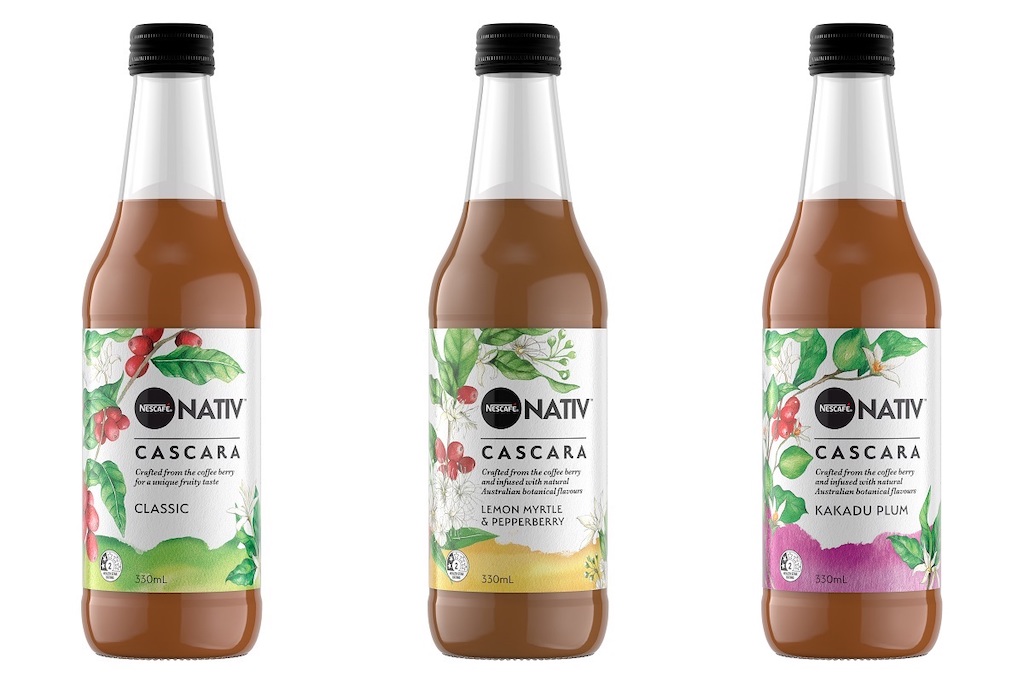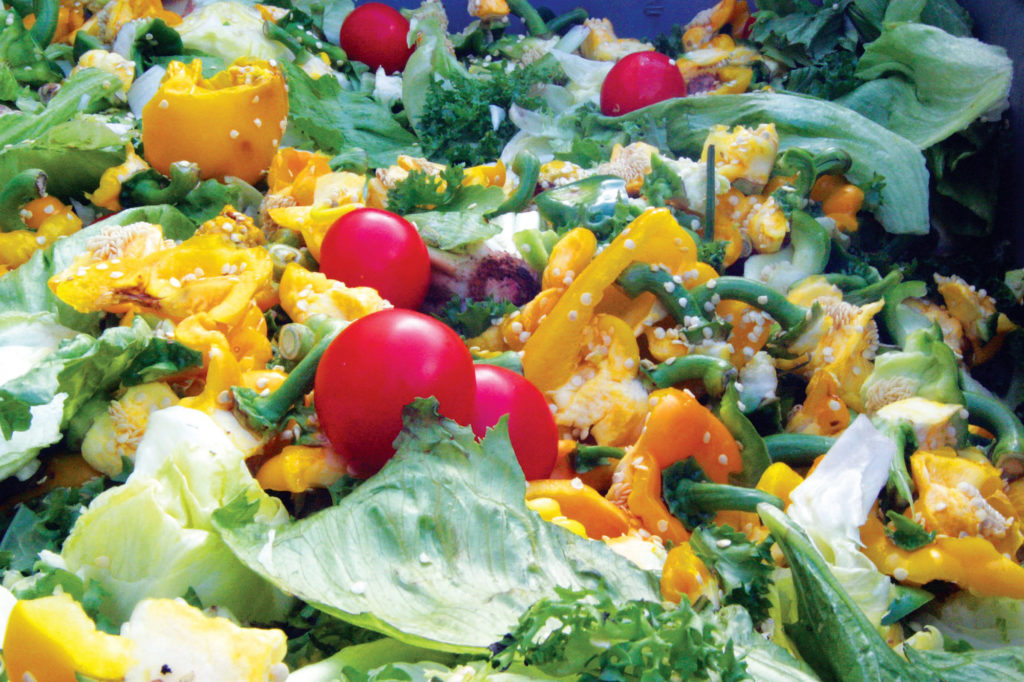Nativ Cascara: Nestlé Australia Launches Sustainable Upcycled Coffee Husk Drink Termed ‘Social Beverage’
3 Mins Read
In a move to keep up with conscious consumerism, Nestlé Australia has debuted a brand new line of upcycled drinks. Made from upcycled coffee berry husks, the caffeinated “social beverage” Nescafé Nativ Cascara uses up the discards from coffee harvesting, slashing food waste while also providing growers with a new business opportunity.
Nestlé Australia has debuted Nescafé Nativ Cascara this month, its new line of sustainable upcycled beverages, as part of the firm’s global push towards expanding its climate-friendly and plant-based portfolio. The caffeinated lightly sparkling drinks are made from upcycled cascara or coffee berry husks, which would otherwise be discarded after being separated in coffee harvesting, and then infused with natural botanicals native to Australia.
The “neither coffee or tea” plant-based range, made with 99% Australian ingredients, comes in three flavours in total – Classic, Kakadu Plum and Lemon Myrtle & Pepperberry – and is packaged in recyclable materials with a paper label. All three flavours are gluten-free and suitable for vegans, and are now available across IGA outlets nationwide, as well as via Amazon.
As Australian lifestyle habits and behaviours continue to change, we’ve seen people increasingly seek out food and beverage alternatives that have their own unique story and flavour.
Martin Brown, Director of eBSM, Nestlé Oceana
Speaking about the new line, Nestlé says that the move is aimed squarely at the rising cohort of young consumers who are increasingly mindful of the impact of their spending habits and are demanding products that deliver on sustainability.

“Over the past year, as Australian lifestyle habits and behaviours continue to change, we’ve seen people increasingly seek out food and beverage alternatives that have their own unique story and flavour,” commented Martin Brown, director of e-business, strategy and marketing (eBSM) at Nestlé Oceania.
“It’s entirely unique to Australia, using local native ingredients and the upcycled coffee berry husk from the coffee farming process to create a refreshing ready-to-drink caffeinated beverage which can really be enjoyed in any social occasion.”
Nestlé added that the new product is a part of the company’s multinational push to continue using agricultural side streams and upcycling waste into new products to tackle the global food waste crisis, which accounts for 10% of the world’s greenhouse gas emissions, while also providing a new revenue stream for growers.

We are committed to addressing food loss – to create new value for raw materials and develop innovations that are good for you and the planet.
Thomas Hauser, Head of Product & Technology Development, Nestlé
“Developing new products and technologies using agricultural side streams is one way to reduce environmental impact, and it creates new opportunities for farmers,” said Thomas Hauser, head of product and technology development at Nestlé.
“We are committed to addressing food loss – to create new value for raw materials and develop innovations that are good for you and the planet,” Hauser added.
While Nestlé has just begun its foray into upcycled food, startups have been paving the way in capitalising on food waste for the past few years, from launching “ugly” produce subscription boxes to using up discarded ingredients in the supply chain to create nutritious supplement powders.
Recently, bigger players have hopped on board, with the likes of Walkers crisps now turning the leftover potato peelings from its factories into new upcycled food waste low-carbon fertiliser, which can then be used to grow the very potatoes that end up in each bag in the future. Retail giant Kroger, on the other hand, has set aside funds to support innovative startups who are recovering and repurposing food waste.
Lead image courtesy of Nestlé Australia.




